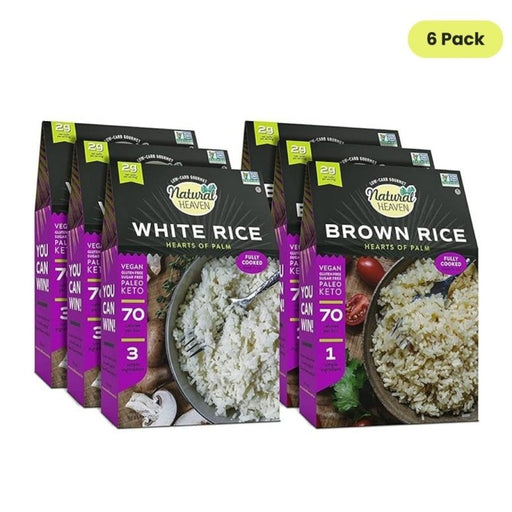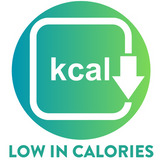The ketogenic diet, commonly known as keto, has gained significant popularity in recent years. Promoted as an effective way to lose weight and manage certain health conditions, it involves consuming a high-fat, low-carbohydrate diet. But is keto diet safe? This article will explore the benefits and risks of this nutritional approach to help you make an informed decision.
Understanding the Keto Diet
The keto diet primarily consists of high fat (75-90%), moderate protein (5-20%), and very low carbohydrates (5%). The goal is to induce a metabolic state called ketosis, where the body burns fat for fuel instead of carbohydrates. This is achieved by drastically reducing carb intake to less than 50 grams daily, forcing the liver to produce ketone bodies for energy.
Potential Benefits of the Keto Diet
-
Faster Weight Loss: The ketogenic diet may be a viable weight loss strategy for obese individuals. The initial weight loss is frequently rapid, as the body expels water as it depletes its carbohydrate stores. Subsequently, fat loss proceeds at a more sustainable pace. Research indicates that ketosis may assist in suppressing appetite, thereby simplifying the process of maintaining a calorie deficit.
-
Blood Sugar Management: The ketogenic diet has been the subject of extensive research regarding its effects on type 2 diabetes. By reducing carbohydrate intake, the diet promotes blood sugar stabilization, which can be advantageous for diabetes management. Certain studies have demonstrated that the ketogenic diet can substantially enhance blood sugar control and, in certain instances, diabetes remission.
-
Potential Cancer Benefits: According to recent research, the keto diet may be beneficial in treating specific cancers. The underlying theory is that cancer cells primarily depend on glucose for energy. By restricting carbohydrate intake, the keto diet may starve cancer cells, rendering them more susceptible to conventional treatments such as radiation and chemotherapy.
Risks and Downsides of the Keto Diet
-
Nutrient Deficiencies: The keto diet poses a substantial risk of nutrient deficiencies due to carbohydrate restrictions. This excludes numerous fruits and vegetables, the primary sources of essential vitamins and minerals. Deficiencies in vitamins A, E, B6, folate, calcium, magnesium, potassium, and iron may occur.
-
Digestive Issues: A high-fat diet can be difficult on the digestive system, resulting in gastrointestinal (GI) issues such as constipation, diarrhea, cramping, and bloating. The absence of fiber from fruits, vegetables, beans, and whole grains can exacerbate these digestive issues.
-
Heart Health Concerns: Although the keto diet has the potential to enhance specific cardiovascular markers, it can also present risks if excessive amounts of saturated fats are consumed. Foods such as red meat, cheese, and butter can elevate LDL (bad) cholesterol, which may result in heart disease and clogged arteries.
Is the Keto Diet Safe?
Whether the keto diet is safe is contingent upon the diet's management and the individual's health conditions. It provides numerous advantages, including regulating blood sugar and weight loss, but it also carries substantial risks, including the potential for heart health issues and nutrient deficiencies. A healthcare professional should be consulted before initiating the keto diet, particularly for those with pre-existing health conditions.
At Natural Heaven, we comprehend the obstacles to implementing a new diet. We provide a diverse selection of pasta and sides derived from hearts of palm, offering a delectable and nutritious alternative. We encourage you to peruse our collection and learn how to savor your preferred meals without sacrificing their nutritional value or flavor.












